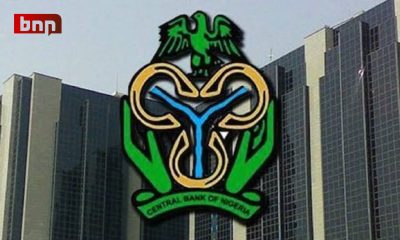A financial expert, Uche Uwaleke, says the new foreign exchange window created for investors will encourage return of portfolio investors to the capital market.
Uwaleke, the Head of Banking and Finance Department in Nasarawa State University, Keffi, revealed this in an interview in Lagos on Monday.
He said that the new policy would impact positively on the capital market with more portfolio investors returning to the market.
Uwaleke said that constraints in the foreign exchanges market which caused illiquidity in the market led to exit of foreign investors from the capital market.
“The conscious attempt to ease foreign exchange access by the CBN through a special window for foreign investors promises to impact the capital market positively with more portfolio investors returning to the market,’’ he stated.
Uwaleke said the development would brighten the country’s chances of readmission into the JP Morgan Index in line wit the Federal Government’s efforts to revitalise the economy.
ALSO SEE: Bankers, analysts disagree with Fitch over Nigerian banks
“Following this development, the country’s chances of readmission into the JP Morgan Index are brightened, especially now that the government seems set to get the economy on the path of recovery,’’ Uwaleke said.
The CBN, in a bid to further improve liquidity in the foreign exchange market, announced the establishment of a special foreign exchange window for investors, exporters and end-users.
The special foreign exchange window. tagged `Investors & Exporters’ FX Window (the I&E FX Window), was communicated through a circular on April 21.
It outlined the CBN’s desire to enhance efficiency and facilitate a more liquid and transparent foreign exchange market.
The new window, according to the circular, will cater mainly to invisible transactions (excluding International Airline Ticket Sales’ Remittances), Bills of Collection and other trade-related payment obligation (at the instance of the customer)

 Football1 day ago
Football1 day ago
 Business1 week ago
Business1 week ago
 Business1 week ago
Business1 week ago
 Education1 week ago
Education1 week ago
 Crime1 week ago
Crime1 week ago
 Covid-191 week ago
Covid-191 week ago
 Latest5 days ago
Latest5 days ago
 Business1 week ago
Business1 week ago













